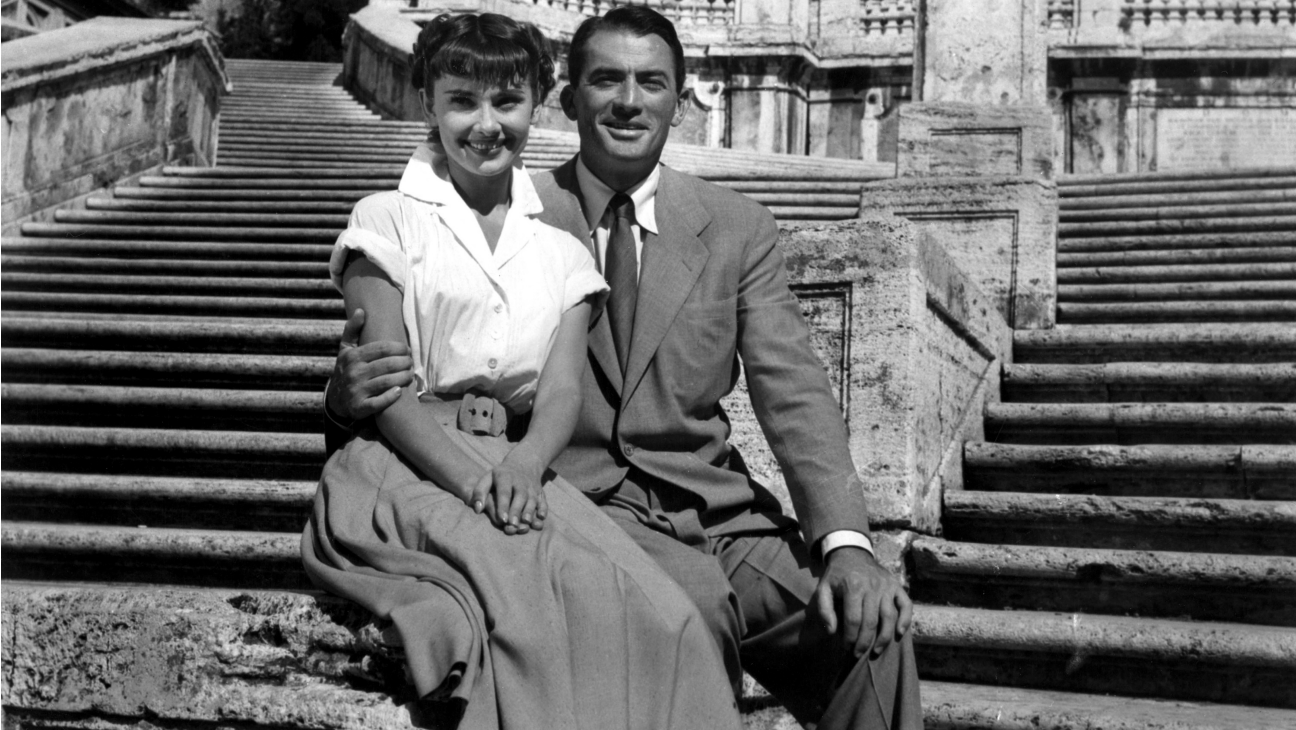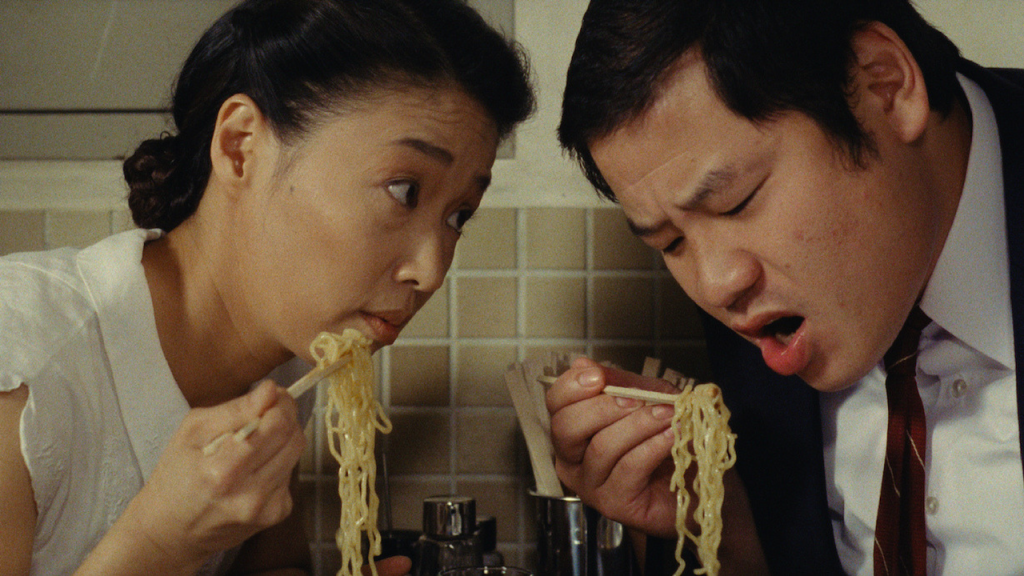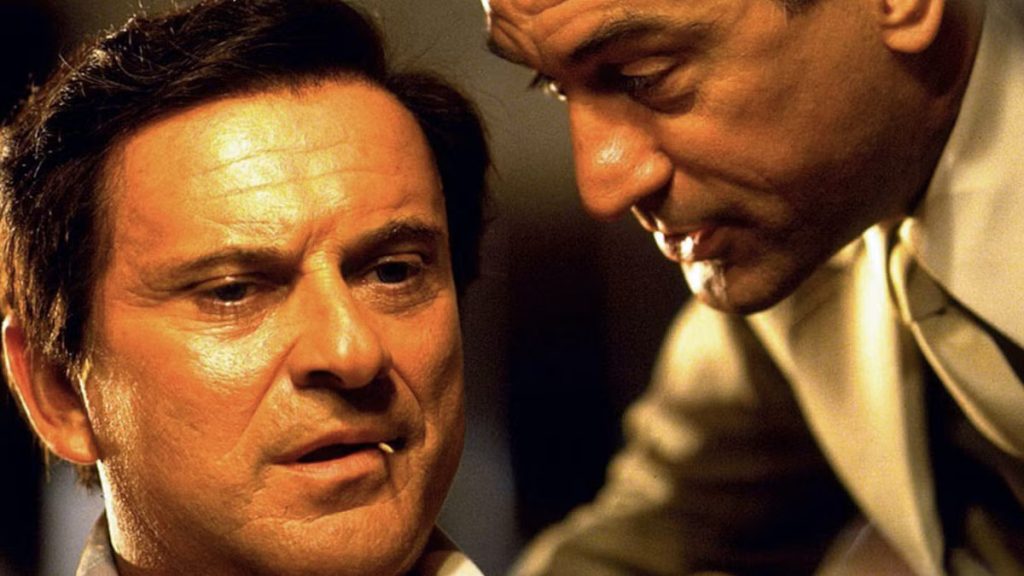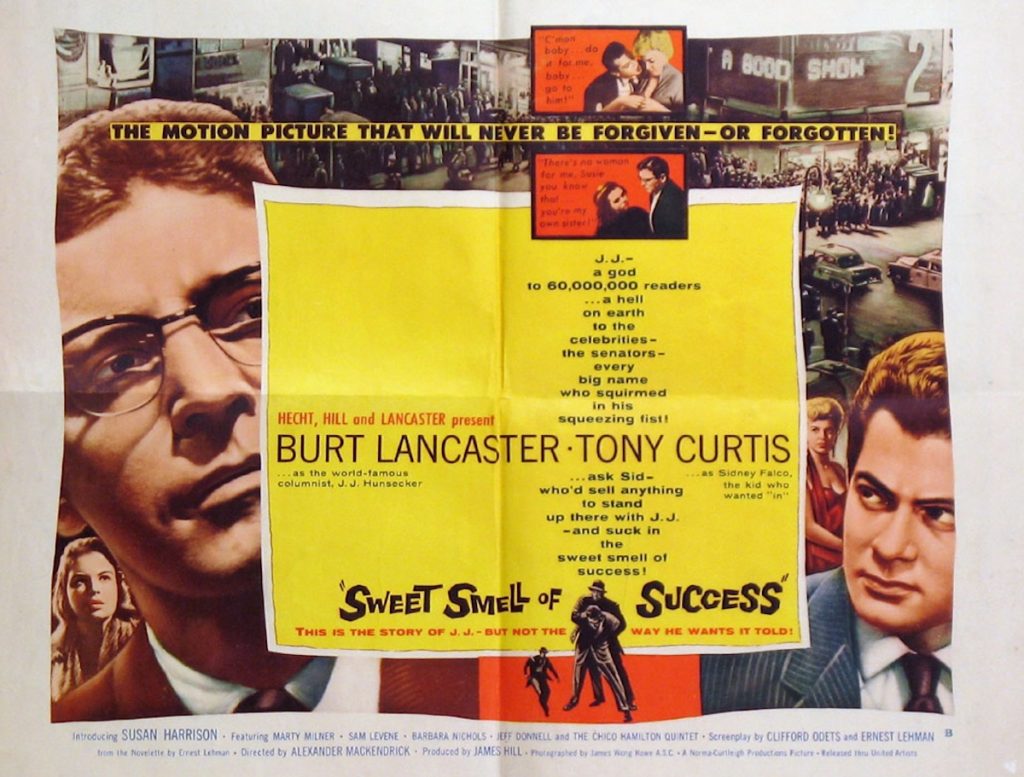Last weekend, Taylor Swift caused an entire city block in Long Beach Island, New Jersey to shut down when hundreds of people clogged the streets near the venue where her producer was getting married. These kinds of occurrences are not unusual anymore, as fandoms have grown both in number and brazenness with the rise of social media. Anonymity is no longer a guarantee for people in the public eye, not when any schmoe with a cameraphone is a potential paparazzo. The runaway princess plot of Roman Holiday was pretty ludicrous when it was released seventy years ago; today, it would be nearly impossible.
Back in 1953, audiences just eight years out from the devastation of World War II were likely as ready for an escape as Audrey Hepburn’s Princess Ann. Queen Elizabeth II had been crowned in England the year before at the age of twenty-five; it was the first televised coronation ceremony, and the excitement of that first peek behind the royal curtain, along with the meticulous staging of such public appearances, can be felt in Roman Holiday’s opening newsreel of the princess’s whirlwind European tour.
Hepburn had appeared in films before, but this was her first leading role. Her aristocratic heritage and ballet training give her the regal poise that’s expected of a princess. Born in Belgium but raised in England and the Netherlands – where she danced to raise money for the Dutch resistance – her continental accent is ideal for a script that never names her ruling country. It’s the sort of casting that feels written in the stars, with Hepburn discovering her own ability to command attention alongside her character. She would eventually win an Oscar, Golden Globe, and BAFTA award for the performance.
Writers John Dighton and Dalton Trumbo (who was blacklisted at the time and didn’t receive full credit until 2003) establish Princess Ann’s dissatisfaction with royal life early on. Pushed to her limits under the strain of strict schedules and full-body nightgowns, she goes into hysterics one night and is given a shot by her doctor to relax. Taking his words to do “exactly as you wish for a while” to heart, she sneaks out of the embassy and is discovered by American reporter Joe Bradley (Gregory Peck, whose urbane worldliness provides a nice contrast to Hepburn’s naïvety) lying on a bench, giddy under the drug’s influence. He takes her back to his apartment to sleep it off, only realizing the scoop he has when he goes into the office the next day and sees a notice about her “sudden illness” in the paper. He pitches an exclusive interview, with pictures, to his boss for $5,000, enough to get him back to New York and a real newsroom.
The rest of Roman Holiday is taken up with the titular escapade, as both Ann and Joe attempt to hide their true identities from one another while enjoying the city sights. Director William Wyler shot entirely on location, and his camera takes an infectious delight in serving as a tour guide, following along as Ann traipses through an outdoor market, enjoys gelato on the Spanish Steps, and races a Vespa through the teeming streets. That nobody, aside from Joe’s cameraman friend Irving (Eddie Albert), recognizes the princess is papered over a bit by the film’s famous haircut sequence, which literalizes Ann’s newfound independence as she trades her long locks for a chic bob.

Hepburn proves adept at conveying the profound pleasure Ann takes in the simple things that were previously beyond her reach, including her growing attraction to Joe. As their holiday continues into the evening hours, he keeps gently nudging at her boundaries while she starts to chip away at his cynical exterior. After a night of dancing – and evading the police – the two share a clandestine kiss.
Though they never admit it out loud, both Ann and Joe are aware that their romance can’t last. Wyler stages their final scenes together with a keen awareness of the rhythms of thwarted love, keeping the couple in separate frames as they confront their imminent parting then bringing them together in short bursts of desperate intimacy. Modern viewers who have grown accustomed to royals marrying so-called “commoners” might be taken aback by Ann’s adherence to her duty, but the film’s poignancy, and the reason it’s still viewed as a classic today, lies in its bittersweet restraint.
The ending still retains a fairy-tale quality as Ann and Joe are brought together one last time during the princess’s rescheduled press conference. Communicating mostly through the exchange of charged facial expressions, they let one another know how much this time has meant to them. Even seventy years on, the weight of their final handshake is enough to shatter the heart. And yet there’s something a bit lopsided in their presumptive destinies. Joe will walk back into his old life a bit softer and wiser. Ann has learned to be more forthright about her desires, but as she exits with her entourage it’s difficult to shake the sense that she is, ultimately, a woman who must withstand the rigors, and exposures, of royal life alone.
Pop stars and actors may have mostly supplanted royalty in the wider imagination in the seventy years since the film’s release, but regardless of what stage a woman stands on, it now requires a tacit agreement that her personal life be subject to public scrutiny. Even for normal people, being strangers to one another takes effort when social media profiles and Google searches are right at our fingertips. It can make the film seem quaint in comparison, but as is often the case in life, Roman Holiday only grows more romantic the more unattainable it becomes.
“Roman Holiday” is streaming on Kanopy and Hoopla.



